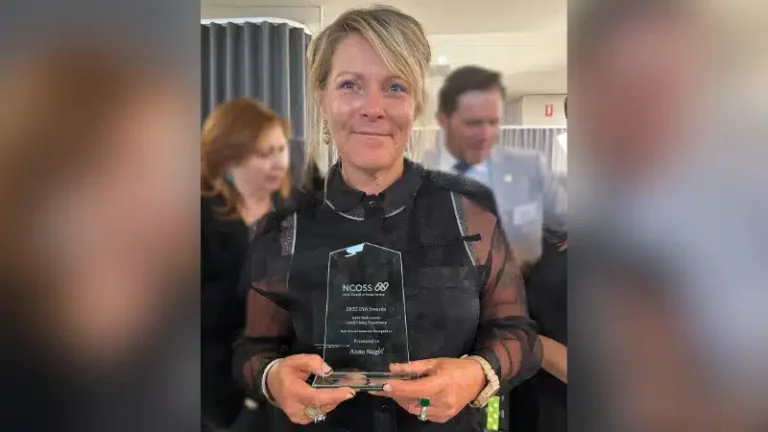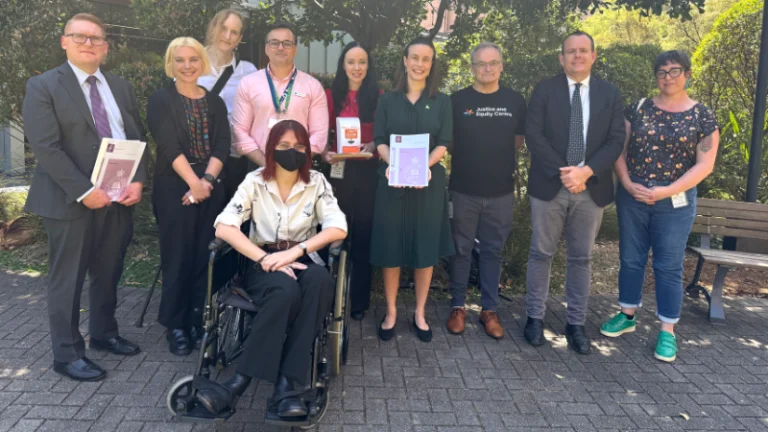The Australian Human Rights Commission is currently considering how the special needs and interests of children and young people under the age of 18 in youth justice detention centres could be considered and monitored in a National Preventative Mechanism (NPM) under the Optional Protocol to the Convention Against Torture and Cruel, Inhuman or Degrading Treatment or Punishment (OPCAT).
Australia has not yet ratified OPCAT. PIAC has been calling for the ratification of OPCAT for a number of years, as the development of a NPM would assist in increasing transparency and accountability of places of detention in Australia.
In this submission, PIAC focused on the opportunity provided by OPCAT to explore the detention of young people in police custody. PIAC noted that in New Zealand, a joint thematic review of young people in police custody took place under the OPCAT mandate. PIAC suggests that a similar review would be invaluable in the Australian context.
PIAC also noted that current complaint mechanisms regarding treatment by police have been the subject of inquiry in recent years in NSW, with proposals for the creation of a Law Enforcement Conduct Commission to investigate police. PIAC looks forward to assessing anticipated legislation on this issue in 2016.
PIAC also noted that data in relation to police custody is currently not readily available, and sought that further data be available in relation to the number of young people detained in police custody, and for what period of time.
PIAC has supported the ratification of OPCAT for a considerable period of time and looks forward to seeing its ratification in due course.

